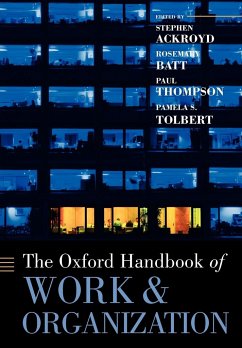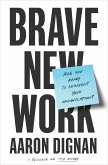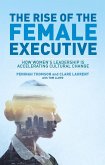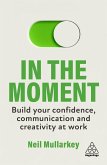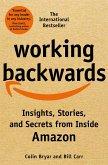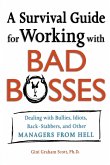The last twenty-five years of the twentieth century was a period of extraordinary change in organizations and the economies of the developed world. This continues today. Such has been the scale and momentum of events that, for some analysts, the only comparable periods are the early part of the twentieth century in which the shift to mass production and large-scale organization was accomplished, or the industrial revolution itself a hundred years earlier.
Researchers in Europe and the USA in particular have been studying change in work and organizations, but there has been little attempt to systematize and draw together the results of their work. So far, the emphasis amongst writers on organizations considering the problem of contemporary change has been on ways of conceptualizing events, rather than also considering evidence. But what has actually happened? How much of the flux of events is real change, and how much mere change in emphasis in
which apparent change is overlaying organizational continuity? How far are changes in particular events and sectors connected, and is an overall understanding of complex processes possible?
The Oxford Handbook of Work and Organization aims to bring together, present and discuss what is currently known about work and organizations and their connection to broader economic change in Europe and America. Issues of conceptualization are not neglected but, in contrast to other comparable volumes, the emphasis is firmly on what is known what and has been observed by researchers. The volume contains a range of theoretically informed essays, written by leading authorities in their
respective fields, giving comprehensive coverage of changes in work, occupations, and organizations. It constitutes an invaluable overview of the accumulated understanding of research into work, occupations and organizations in recent decades. It shows that in almost every aspect of economic institutions,
change has been considerable.
The subject area of work, occupations and organizations is considered in four major sections of the volume: I, Work, Technology, and the Division of Labour; II, Managerial Regimes and Employee Responses; III, Occupations and Organizations; and IV, Organizations and Organized Systems. In this way the contemporary situation in work and organizations is considered extensively in its different dimensions and interconnections. The contributors have been selected for their expertise and include many
leading authors in organizational analysis and substantive research. The handbook is thus an authoritative statement, and offers a valuable account of organizations at this time.
Researchers in Europe and the USA in particular have been studying change in work and organizations, but there has been little attempt to systematize and draw together the results of their work. So far, the emphasis amongst writers on organizations considering the problem of contemporary change has been on ways of conceptualizing events, rather than also considering evidence. But what has actually happened? How much of the flux of events is real change, and how much mere change in emphasis in
which apparent change is overlaying organizational continuity? How far are changes in particular events and sectors connected, and is an overall understanding of complex processes possible?
The Oxford Handbook of Work and Organization aims to bring together, present and discuss what is currently known about work and organizations and their connection to broader economic change in Europe and America. Issues of conceptualization are not neglected but, in contrast to other comparable volumes, the emphasis is firmly on what is known what and has been observed by researchers. The volume contains a range of theoretically informed essays, written by leading authorities in their
respective fields, giving comprehensive coverage of changes in work, occupations, and organizations. It constitutes an invaluable overview of the accumulated understanding of research into work, occupations and organizations in recent decades. It shows that in almost every aspect of economic institutions,
change has been considerable.
The subject area of work, occupations and organizations is considered in four major sections of the volume: I, Work, Technology, and the Division of Labour; II, Managerial Regimes and Employee Responses; III, Occupations and Organizations; and IV, Organizations and Organized Systems. In this way the contemporary situation in work and organizations is considered extensively in its different dimensions and interconnections. The contributors have been selected for their expertise and include many
leading authors in organizational analysis and substantive research. The handbook is thus an authoritative statement, and offers a valuable account of organizations at this time.

